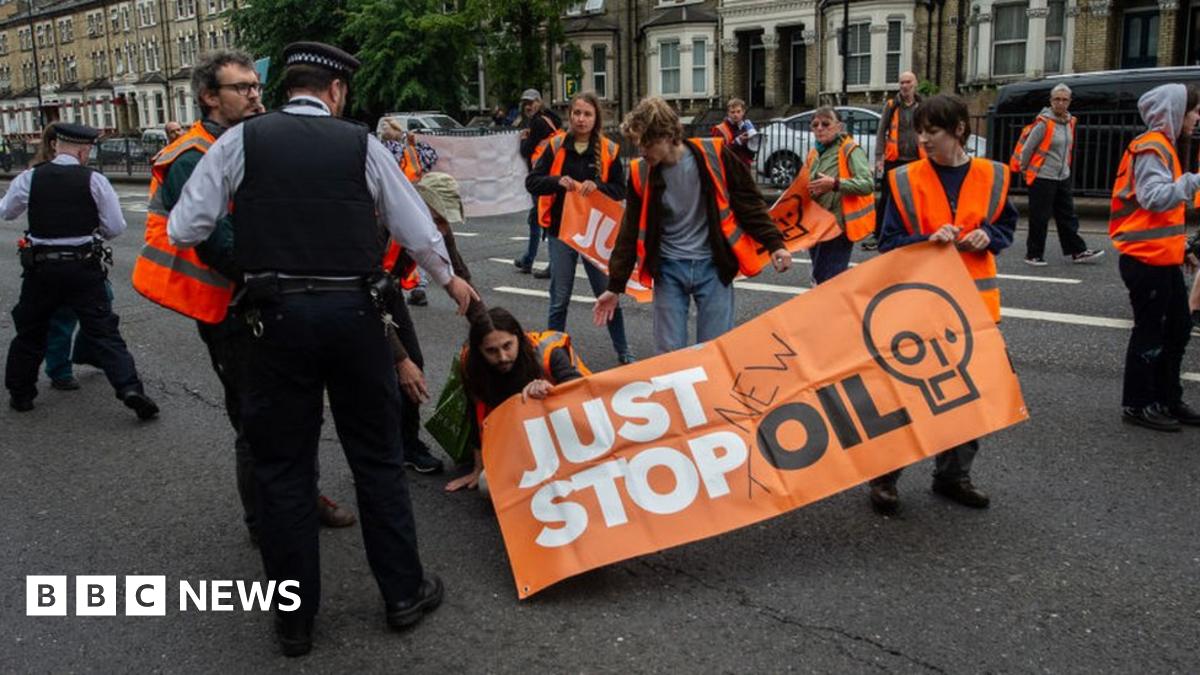We need to build far more, and the price will come down. Is the mantra of anyone who wants to rely on only renewables.
This is not a cheap option, despite what is quoted. Desertec collapsed not just due to the external political issues, but because they were planning to build vast solar parks with little benefit to the local communities in N.Africa. Hardly a route to energy security.
So to build vast thermal solar plants in N.Africa, you'd first need to build solar/wind for: Local supply, so they have their own affordable energy, additional solar/wind for desalination, and pumps to maintain the solar plants you want to build, and then finally get around to building them for our benefit. Oh, and energy storage installation, and just hope such a long cable doesn't get sabotaged. How cheap does that sound?
Then there's the operating life span of those renewables.
This could supply 8% of our grid supply in theory.



